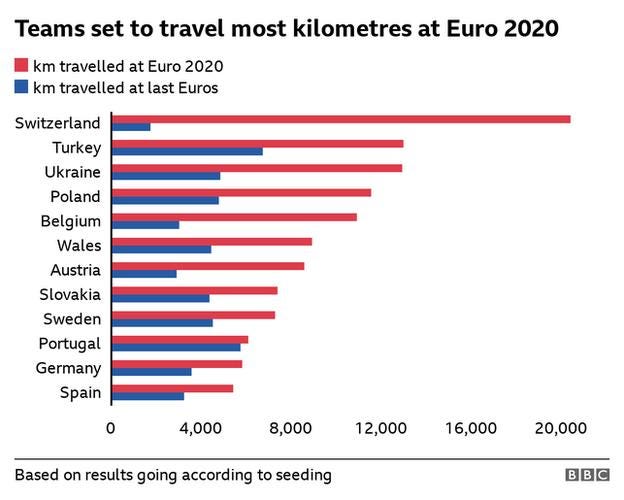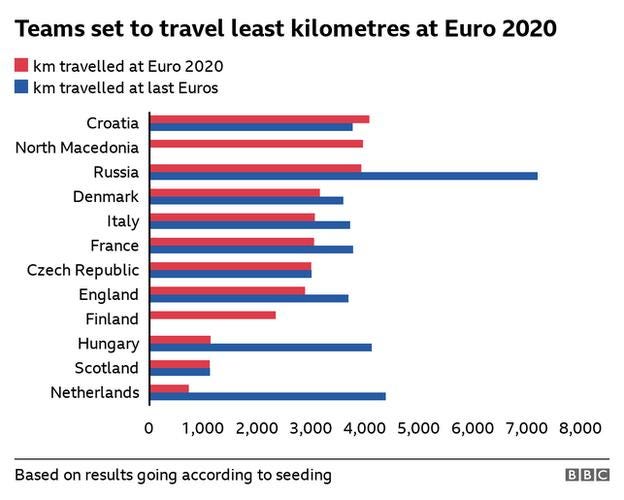Mobility Matters Daily #90 - The sea, financing infrastructure, and LTNs
Plus how bad Euro 2020 will be for the environment.
Good morning friend.
We seem to be in the slightly weird phase of the COVID-19 pandemic in the UK. With the vaccine roll-out going well, there is light at the end of the tunnel. But at the same time we cannot really go out and meet people, and the Delta variant is making things even more difficult. In some ways it is extremely frustrating, but then I remember we are in a very priveleged position compared to many others. Perhaps beers with old acquaintances may have to wait a little while longer.
Reclaiming the sea - is it worth the cost?
I noticed a couple of interesting articles from Malaysia and Denmark this week on reclaiming land from the sea for development, often to meet housing shortages within the city. In Copenhagen, the new island will house 35000 and have a new metro line connecting it to the city. But is land reclaimation a sensible urban planning solution?
Its a development strategy that has been long critiqued in economic and environmental terms, from Hong Kong to Singapore. But recent analysis shows that this is becoming a more popular tactic in urban planning, particularly in megacities wishing to expand rapidly. It’s a poorly understood transport planning challenge, although having a few critical points of failure on a transport network does little for resilience. Perhaps we can learn some lessons from the one-country-war-against-the-North-Sea that is the Netherlands, and their habit of putting bikes lanes on top of land they reclaim.
The financial case for infrastructure investment is strong, and often under-appreciated in times like these
Transport planners are often aware of the economic value of their transport infrastructure investments. Primarily in terms of the value of the economic activity generated by this investment, and having to do an economic analysis. But this investment needs to be enabled somewhere, and an unseen element of this (and a big reason why we have to prove a business case) is that government’s need to borrow to invest in the infrastructure. And right now is an excellent time to borrow for infrastructure spending.
What’s more, the multiplier effect of infrastructure spending during recession is much higher compared to when the times are good - or simply there is a greater return on the investment. This is due to lower costs of borrowing, and the greater economic headroom to make a fiscal return by way of tax reciepts. If you want to know more about how infrastructure is financed, this excellent primer by the Insitute for Government is well worth a read.
The fight for road space reallocation continues
I haven’t reported on this for ages, partly because it seems to be reported in most places. But the battle to reallocate road space away from cars continues across the UK. In Edinburgh, transport planners are being accused of wanting blind obedience from the public for daring to discourage driving. Apparently they are popular in West London because the people voted for Labour, but they are being ripped out in Ealing.
This situation never ceases to amaze me, to be honest. How so much political capital can be gained from something so minor, in the name of trying to protect people, while at the same time how us transport planners played this so badly. We need to discover how to fight and win culture wars, and quickly.
Stat of the Day

The European Championships kick off on Friday this week, and I for one cannot wait for the feast of football over the coming weeks. But unlike previous versions of the tournament which are held in a single country, it is being held all over Europe. That means teams flying all over the continent to play matches. The BBC calculated the carbon cost of this and how, if teams were to progress according to how they are seeded, how far they would need to travel. With 3 seperate trips to Baku, one to Rome, and one to Amsterdam, you have to feel for Swiss fans. Compare that with how far the Dutch are going to travel.

Data source: BBC
